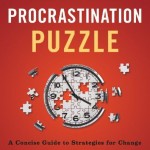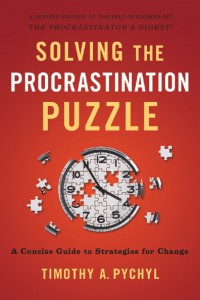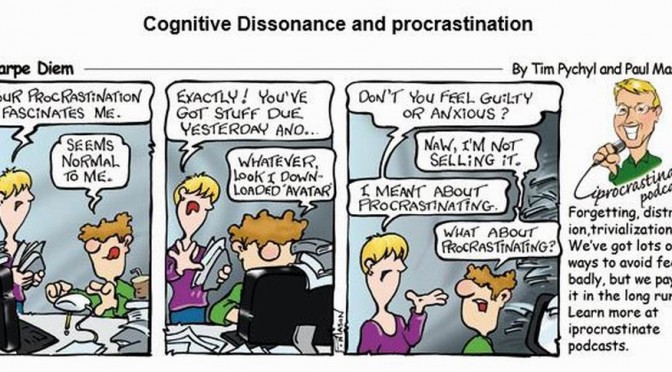 Third quarter is break-down time
Third quarter is break-down time
It just is. Lost in the middle of a long year, things get tough. You just got through midterms and the end of the 2nd quarter, you had a nice winter break, then, bam! School is back, and hard.
In Q3 teachers are off their game, too. They’re either panicked for having gotten off track from their pacing and lesson plans, overwhelmed from grading and making new plans, or distressed that students aren’t where they should be. Worse, administrators are having their own panic and are throwing meetings and putting more demands on teachers, worsening the load for everyone. Continue reading















![urgent_msclipart_C900434758[1]](http://school4schools.com/blog/wp-content/uploads/2014/01/urgent_msclipart_C9004347581-150x150.png)